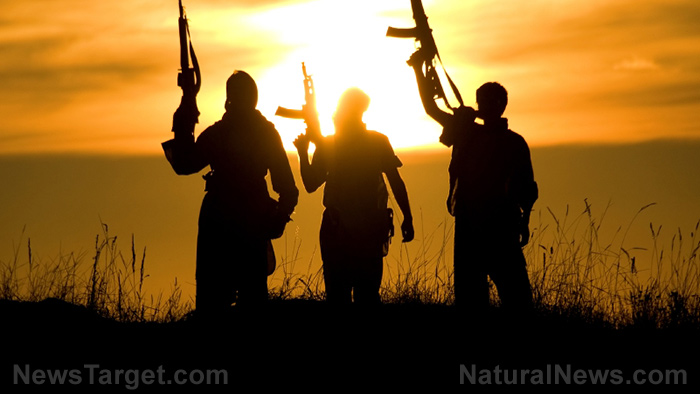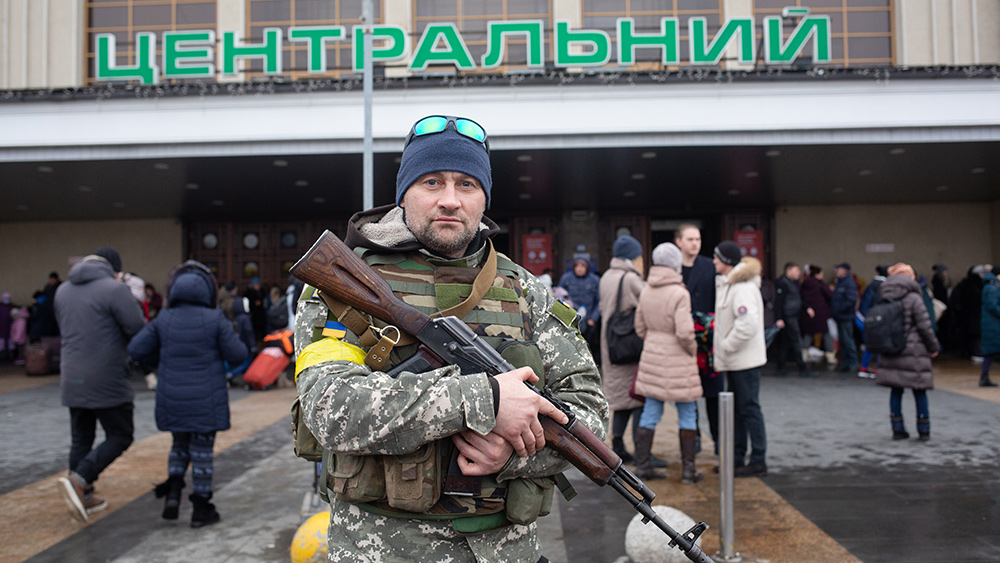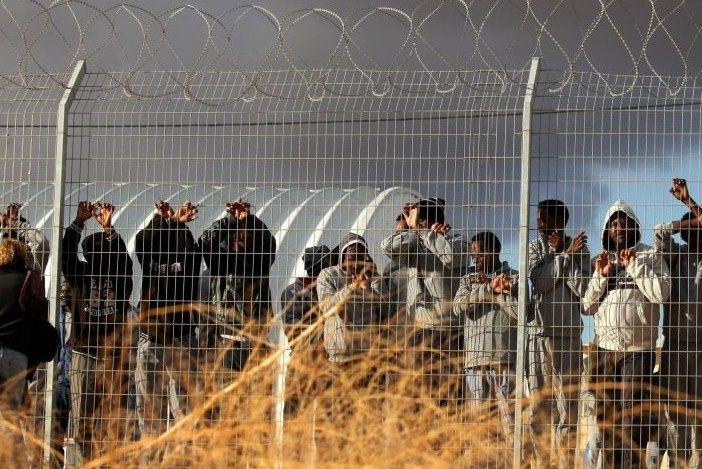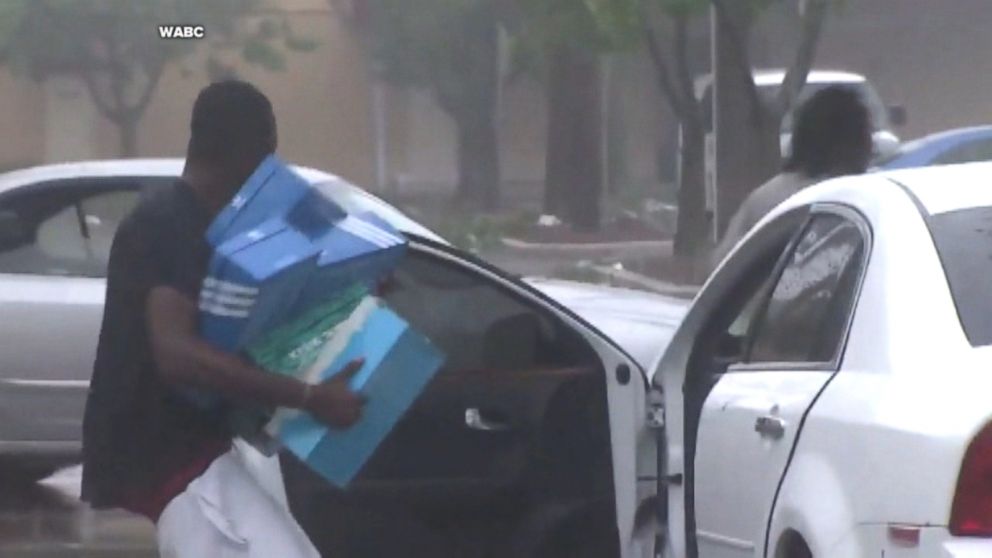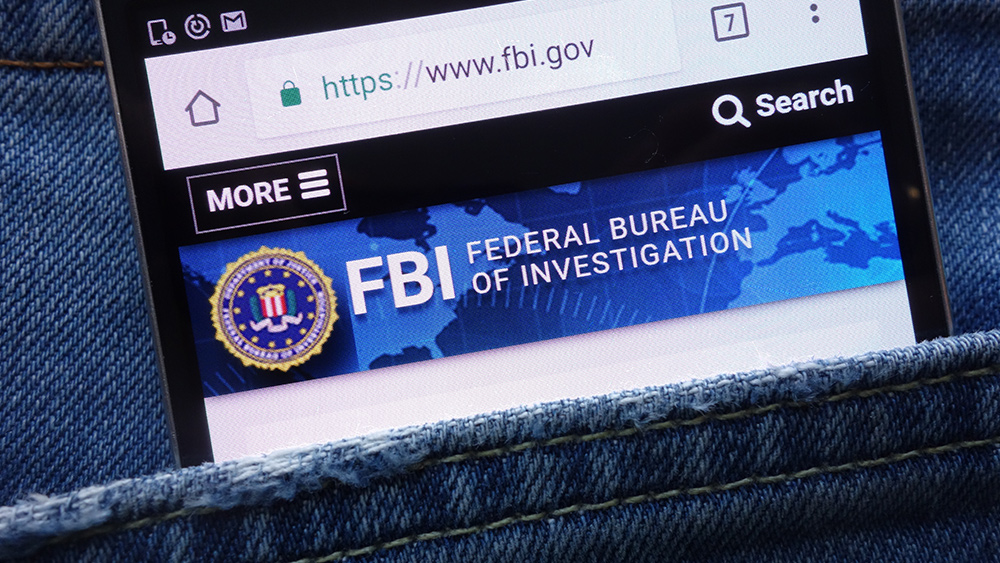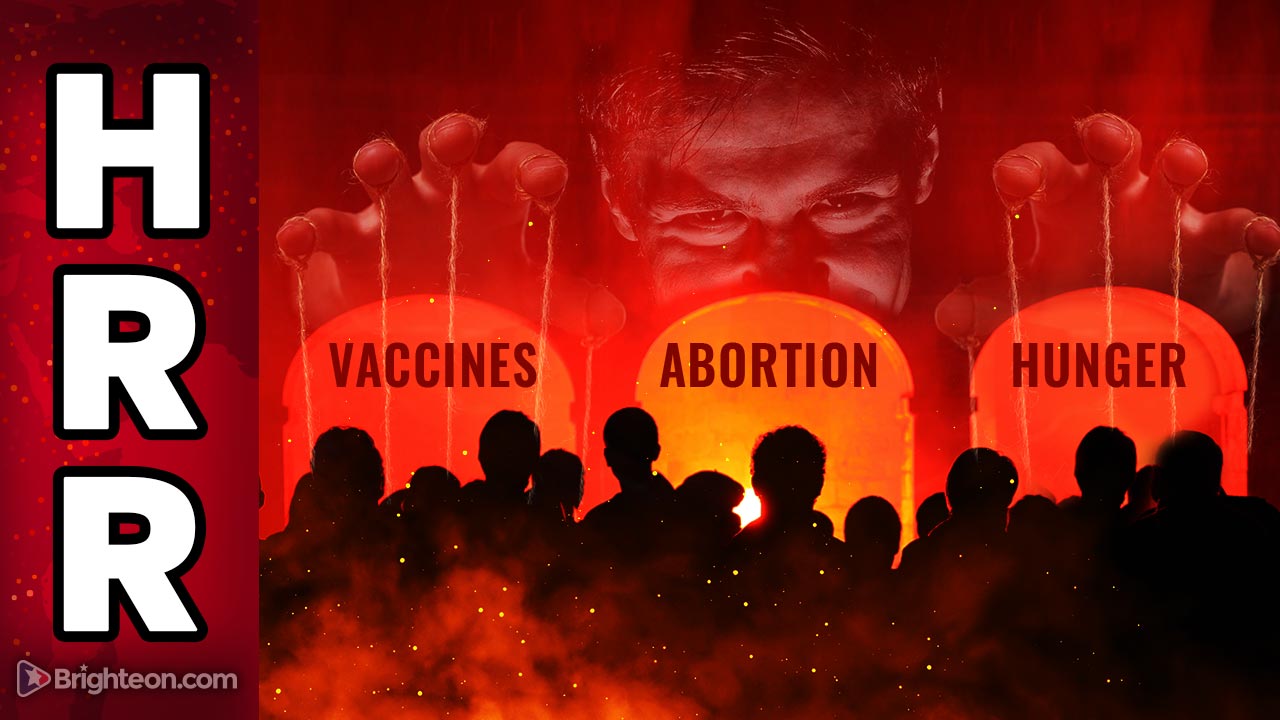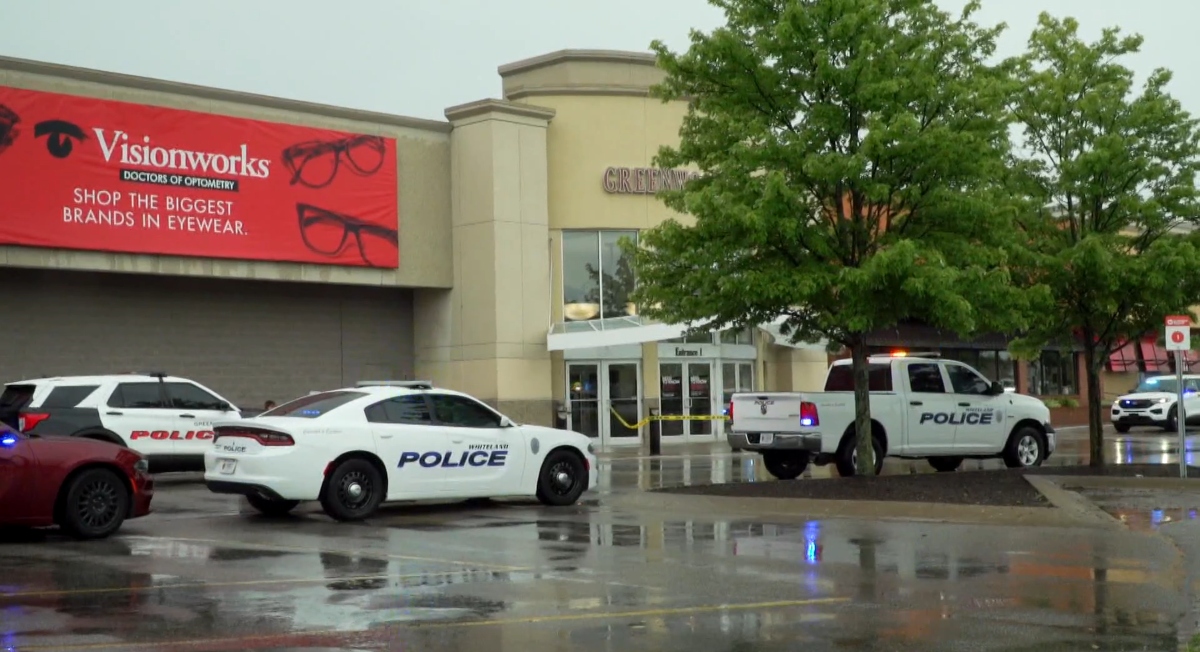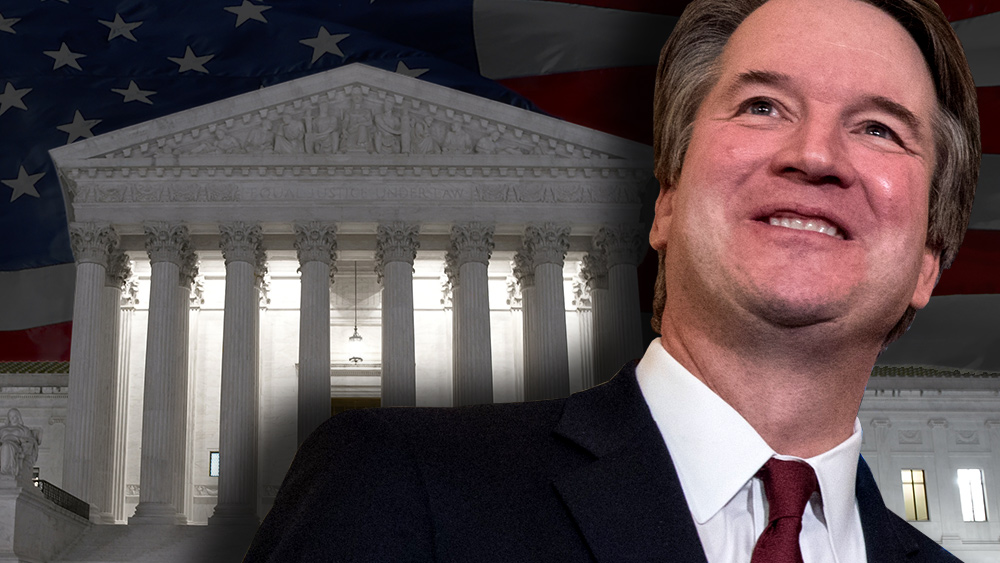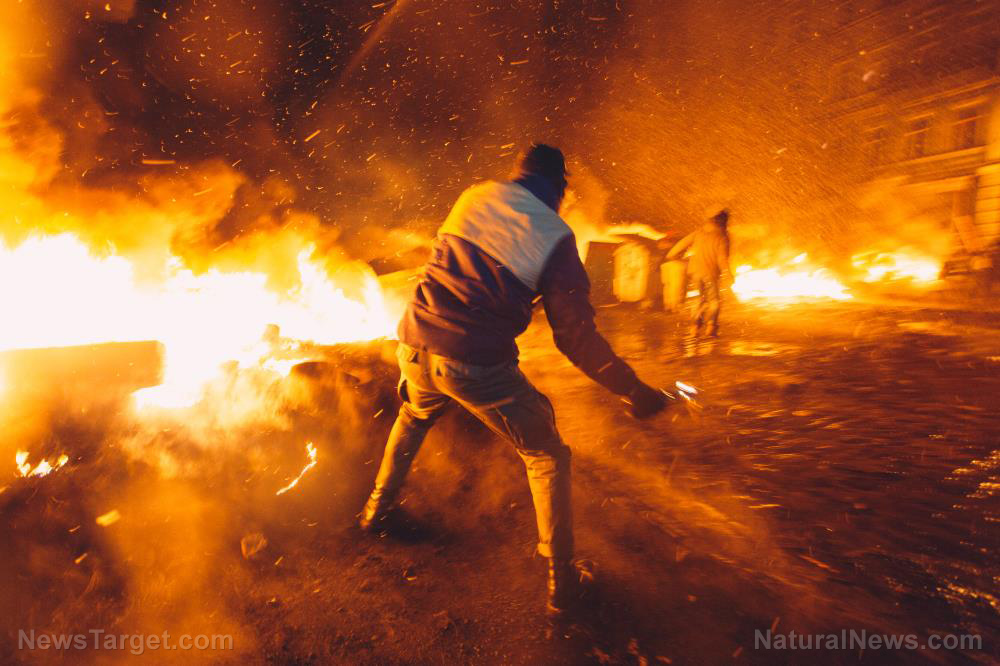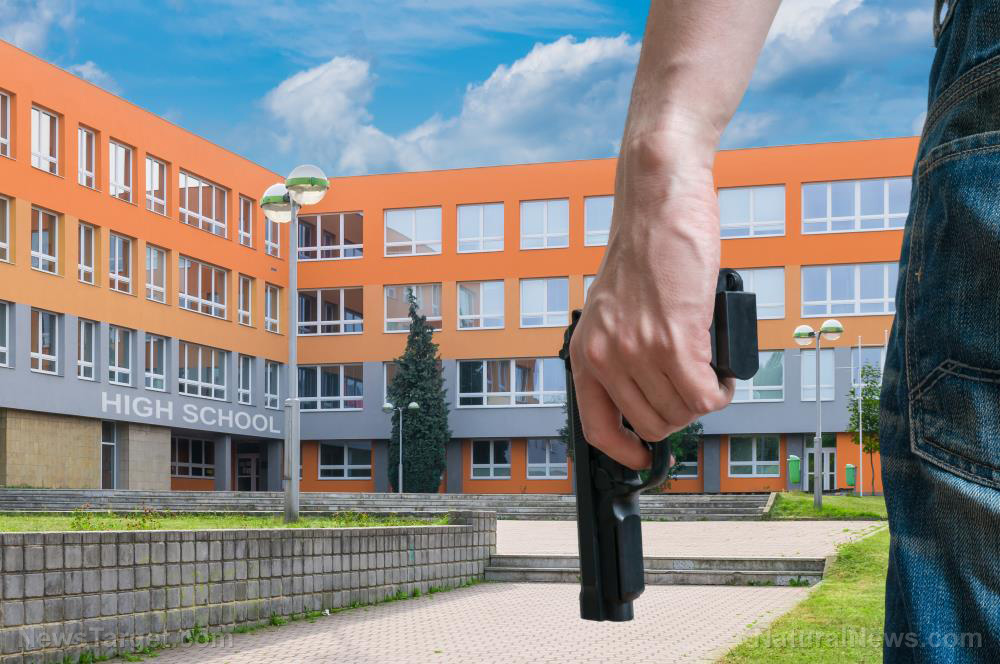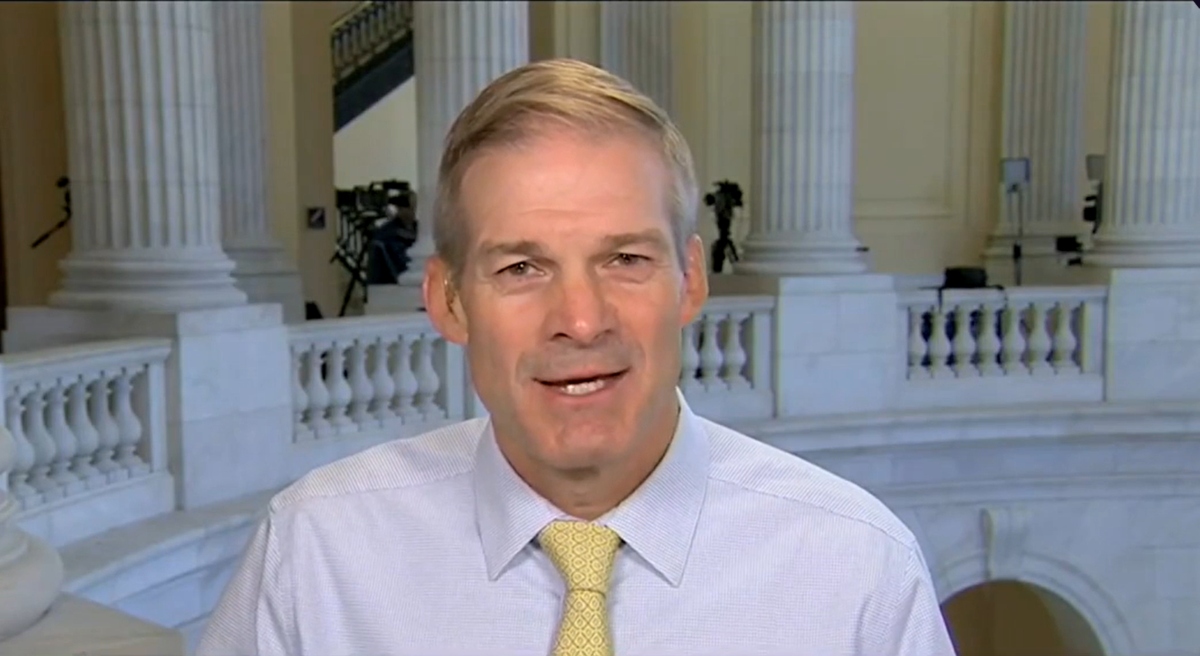DOJ report: Domestic violence rates higher among LGBT couples than heterosexual couples
08/03/2022 / By Mary Villareal
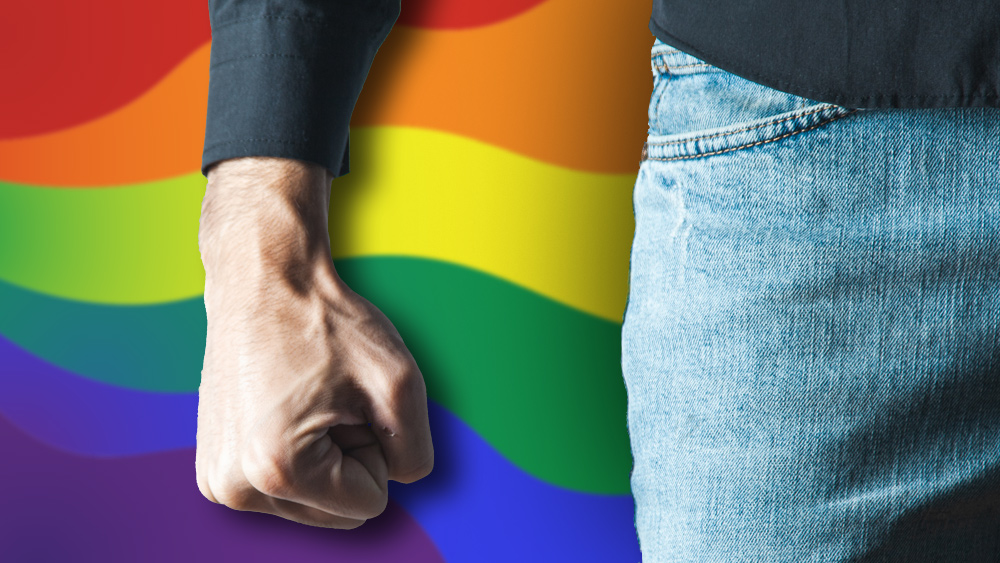
A report by the Department of Justice‘s (DOJ) Bureau of Justice Statistics found that rates of “violent victimization” were significantly higher in relationships among people who identified as lesbian, gay or bisexual – compared with people who identify as straight.
The June 2022 report, titled “Violent Victimization by Sexual Orientation and Gender Identity, 2017-2020,” found that the rate of domestic violence (DV) between couples “varied significantly by sexual orientation” throughout the period it analyzed. However, it also highlighted a significant contrast between violence rates in “straight” relationships and those among members of the LGBT community.
An analysis of the DOJ report, which includes “violent victimizations committed by current or former intimate partners or family members,” found that bisexual relationships experienced DV rates about eight times higher than straight relationships. For either lesbian or gay relationships, DV rates were more than twice than those of people who identify as heterosexual. (Related: The LGBT movement’s destructive history and legacy.)
For “intimate partner violence” – defined as violence coming from “current or former intimate partners only” – the figure for DV was over eight times as high among bisexuals than heterosexuals, as per the report.
Outside of relationships, gay males had twice as high DV rates than straight males. The same findings were noted for the opposite sex, with bisexual females experiencing nearly eight times as much violence as straight females.
The report also stated that 58 percent of gays and lesbians were more likely to report DV cases to law enforcement, compared to 45 percent of heterosexuals and 31 percent of bisexuals.
“Lesbian or gay persons chose not to report their violent victimization to police for a variety of reasons – [such as] considering the crime to be minor or unsuccessful; believing the crime to be a private or personal issue; not wanting to get the offender in trouble with the law; or believing police would be ineffective,” said the report.
“For persons identifying as bisexual or straight, the most common reasons for not reporting the victimization to police were because they reported it to another official or believed the crime to be a private or personal issue.”
NC appeals court: LGBT couples deserve same DV protections as straight couples
Back in 2021, a North Carolina court ruled that LGBT individuals in relationships must have the same access to DV protections as their heterosexual counterparts.
In its ruling for the 2018 M.E. v. T.J. lawsuit, the North Carolina Court of Appeals pointed out that Chapter 50B of the North Carolina General Statutes violated the State Constitution and the 14th Amendment’s due process and equal protection clause. According to the statute, a “personal relationship” is defined as “persons of the opposite sex” who have lived together or are in a dating relationship.
Chief Judge Linda McGee wrote in the majority opinion that Chapter 50B’s definition of a personal relationship “runs directly counter to the promotion of the public good, welfare, morals, safety and any other legitimate public interests of the state” because it denies protections for victims of domestic violence in same-sex partnerships.
M.E., who was the plaintiff in the case, expressed satisfaction over the ruling. While she was happy over the fact that DV protections were extended to same-sex relationships, she remarked that “this type of discrimination shouldn’t have happened in the first place.”
Watch the video below for more information about domestic violence.
This video is from the Narcissistic Abuse No More channel on Brighteon.com.
More related stories:
Oxfam blames “privileged white women” as root cause of sexual violence.
Former transgenders speak out against the exploitation and abuse of teens by LGBT groomers.
Former transgender exposes child cruelty of LGBT agenda: “Grooming… child abuse.”
Sources include:
Submit a correction >>
Tagged Under:
14th Amendment, crime, culture wars, discrimination, DOJ, domestic violence, gay couples, gender, gender confused, heterosexual couples, homosexual couples, intimate partners, LGBT, same-sex relationships, social justice, violence, violent victimizations
This article may contain statements that reflect the opinion of the author
RECENT NEWS & ARTICLES
COPYRIGHT © 2017 VIOLENCE NEWS





